ChatGPT Enterprise launches with enhanced data security and record performance
The service brings increased speed, GPT-4 access without limits, and better data analysis capabilities
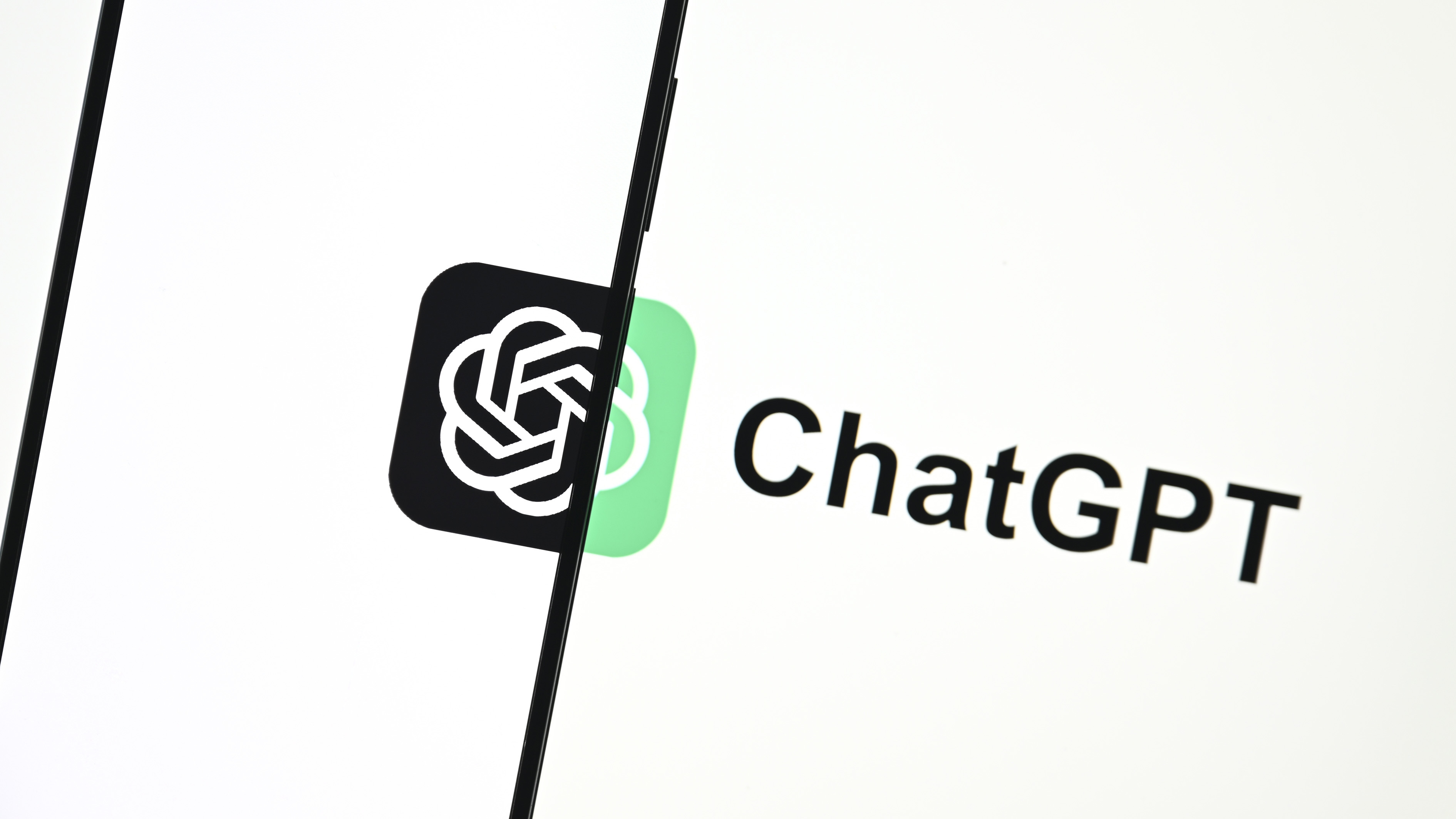

OpenAI has released ChatGPT Enterprise, a new plan for its popular generative AI service, which will bring enhanced information security and improved data processing to the popular AI service.
The new service is intended to be used by businesses for processing large amounts of data, and to complement these needs OpenAI has equipped it with a range of enterprise security measures.
A new administrator console will allow IT teams or relevant parties within an organization to oversee employee access to ChatGPT, as well as control domain verification and single sign-on (SSO) for all users.
Data passed through the service is encrypted at rest using AES 256, and in transit with transport layer security (TLS) 1.2, and the entire service is SOC 2-compliant.
Alongside ChatGPT Enterprise, OpenAI has updated its data analysis plugin Code Interpreter. Now known as Advanced Data Analysis, the tool can be used to derive insights from large data inputs, debug data science scripts, or collate survey data.
As with its other paid propositions such as fine-tuning for GPT-3.5 Turbo, OpenAI has reaffirmed it does not use data passed through ChatGPT Enterprise to train its own models.
Though ChatGPT quickly became a household name following its release and has become widely used throughout the business world, some firms and regulators have expressed concern over the firm’s handling of sensitive information to date.
Get the ITPro daily newsletter
Sign up today and you will receive a free copy of our Future Focus 2025 report - the leading guidance on AI, cybersecurity and other IT challenges as per 700+ senior executives
In March, OpenAI released an apology for having inadvertently exposed the titles of users’ chat histories, as well as the payment information, names, email addresses, and home addresses of select ChatGPT Plus subscribers.
RELATED RESOURCE
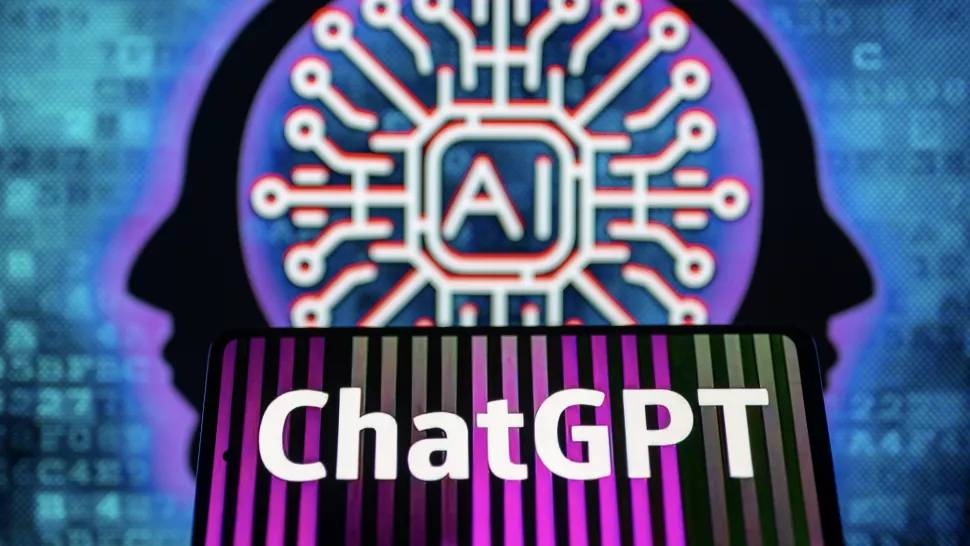
Driving disruptive value with Generative AI
Discover how your business can responsibly leverage generative AI solutions at scale.
The potential for sensitive information to be retained by OpenAI for training purposes has also led firms such as Apple to ban its employees from using ChatGPT.
As it has sought to expand its B2C and B2B offerings, OpenAI has endeavored to dispel these concerns and stress the security of its data handling. The degree to which it can convince firms that it is an effective and safe platform for their data could be crucial for the company’s future.
Will Richmond-Coggan, a partner at national law firm Freeths with expertise in data privacy and AI, told ITPro that OpenAI has made changes to data handling via ChatGPT Enterprise to address backlash it had faced from users and regulators over its privacy policy.
"To some extent, previously identified concerns have been addressed, at least insofar as there are now more concrete assurances that business data and user information won’t be accessible to OpenAI or used to train their models," he said.
"But these changes do nothing to address the concerns (including those identified by the Italian and other data protection authorities earlier this year) about the manner in which those models were initially trained, or the extent to which those underlying models are only available because of the large scale harvesting of personal information and/or intellectual property, without any valid consent or license.
"OpenAI is obviously pushing to commercialize its offering and recoup some of the enormous investment it has made in its product. But that continuing legal and regulatory uncertainty will undoubtedly give some enterprises pause before they embark on incorporating the product into their systems and letting it loose on their own data.”
Sam Altman, CEO and co-founder at OpenAI, has previously described the compute costs for ChatGPT as “eye-watering”, and in a blog post announcing its API, the firm stated that free access to its models is reliant on income from paid tiers.
In the near future, the firm has also committed to giving businesses the ability to connect their applications to ChatGPT Enterprise, for more contextually-relevant outputs, as well as to releasing more powerful and role-specific iterations of Advanced Data Analysis.
In this way, it has angled itself as a potential competitor with the likes of Microsoft 365 Copilot, which can securely draw on business metadata to inform generative AI outputs.
GPT-4 improvements in ChatGPT Enterprise
ChatGPT Enterprise also comes with the promise of significantly improved processing speeds and input sizes. Enterprises on the plan will be given unlimited, optimized access to OpenAI’s model GPT-4 at up to double its standard speed.
The context window is also far larger through ChatGPT Enterprise at 32,000 tokens in total, allowing firms to provide inputs that are four times as large or keep ‘conversations’ with the chatbot going for longer in order to glean information through complex follow-up questions.
OpenAI has provided templates for common ChatGPT uses, which can be provided to teams within an organization for ease of use and collaboration within ChatGPT. OpenAI API is included also within the subscription fee for ChatGPT Enterprise, allowing customers to use OpenAI’s products as a firm AI backing for their entire organization if they so choose.
The firm has not published a cost breakdown for ChatGPT Enterprise.
OpenAI stated that 80% of Fortune 500 firms now use ChatGPT, and firms such as Block, Canva, and PwC have already used ChatGPT Enterprise for business processes through early access.
“ChatGPT Enterprise has cut down research time by an average of an hour per day, increasing productivity for people on our team,” said Jorge Zuniga, head of data systems and integrations at software firm Asana.
“It’s been a powerful tool that has accelerated testing hypotheses and improving our internal systems.”
ITPro has contacted OpenAI for further information.

Rory Bathgate is Features and Multimedia Editor at ITPro, overseeing all in-depth content and case studies. He can also be found co-hosting the ITPro Podcast with Jane McCallion, swapping a keyboard for a microphone to discuss the latest learnings with thought leaders from across the tech sector.
In his free time, Rory enjoys photography, video editing, and good science fiction. After graduating from the University of Kent with a BA in English and American Literature, Rory undertook an MA in Eighteenth-Century Studies at King’s College London. He joined ITPro in 2022 as a graduate, following four years in student journalism. You can contact Rory at rory.bathgate@futurenet.com or on LinkedIn.
-
 Bigger salaries, more burnout: Is the CISO role in crisis?
Bigger salaries, more burnout: Is the CISO role in crisis?In-depth CISOs are more stressed than ever before – but why is this and what can be done?
By Kate O'Flaherty Published
-
 Cheap cyber crime kits can be bought on the dark web for less than $25
Cheap cyber crime kits can be bought on the dark web for less than $25News Research from NordVPN shows phishing kits are now widely available on the dark web and via messaging apps like Telegram, and are often selling for less than $25.
By Emma Woollacott Published
-
 OpenAI woos UK government amid consultation on AI training and copyright
OpenAI woos UK government amid consultation on AI training and copyrightNews OpenAI is fighting back against the UK government's proposals on how to handle AI training and copyright.
By Emma Woollacott Published
-
 DeepSeek and Anthropic have a long way to go to catch ChatGPT: OpenAI's flagship chatbot is still far and away the most popular AI tool in offices globally
DeepSeek and Anthropic have a long way to go to catch ChatGPT: OpenAI's flagship chatbot is still far and away the most popular AI tool in offices globallyNews ChatGPT remains the most popular AI tool among office workers globally, research shows, despite a rising number of competitor options available to users.
By Ross Kelly Published
-
 ‘DIY’ agent platforms are big tech’s latest gambit to drive AI adoption
‘DIY’ agent platforms are big tech’s latest gambit to drive AI adoptionAnalysis The rise of 'DIY' agentic AI development platforms could enable big tech providers to drive AI adoption rates.
By George Fitzmaurice Published
-
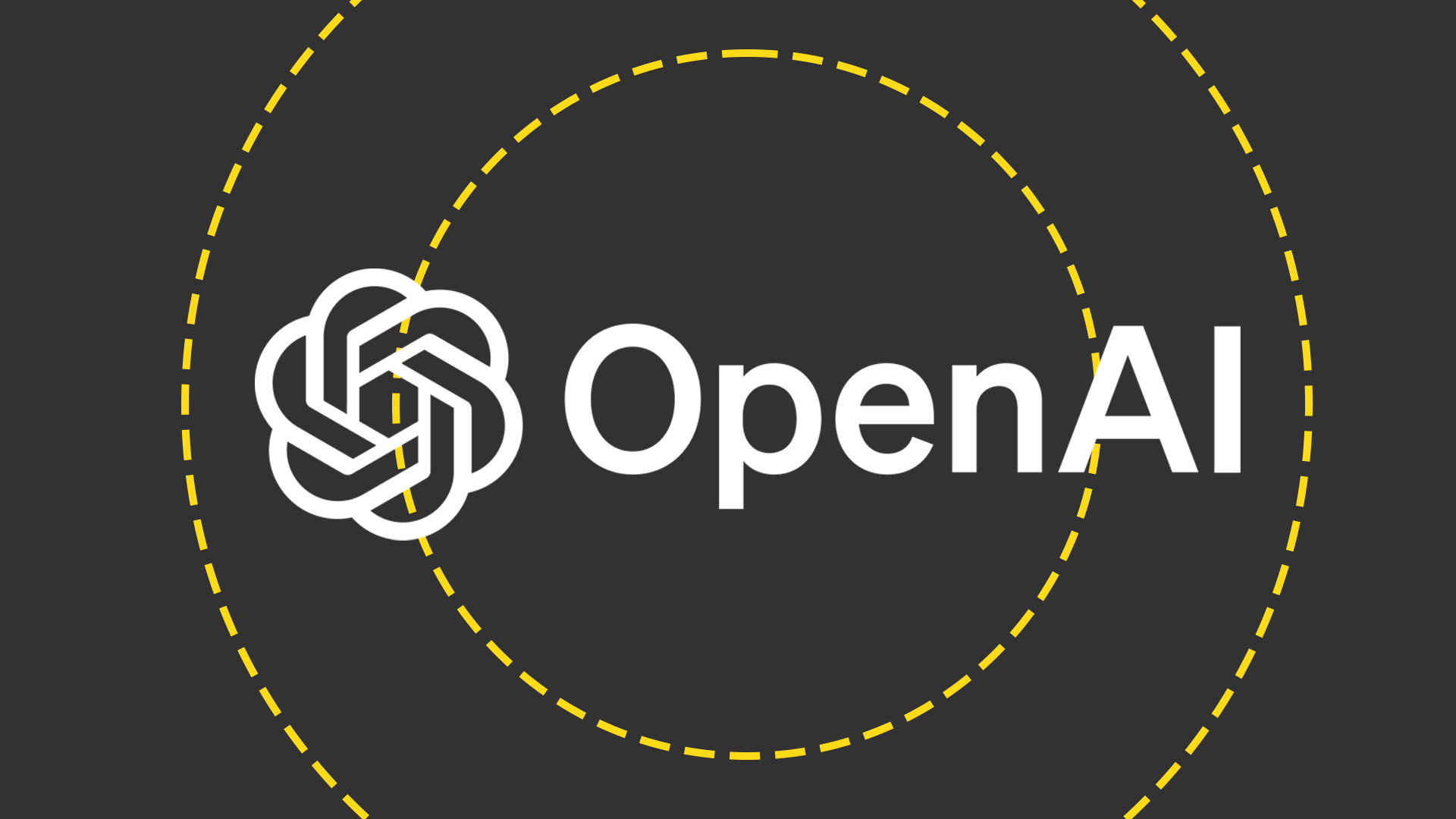 OpenAI wants to simplify how developers build AI agents
OpenAI wants to simplify how developers build AI agentsNews OpenAI is releasing a set of tools and APIs designed to simplify agentic AI development in enterprises, the firm has revealed.
By George Fitzmaurice Published
-
 Elon Musk’s $97 billion flustered OpenAI – now it’s introducing rules to ward off future interest
Elon Musk’s $97 billion flustered OpenAI – now it’s introducing rules to ward off future interestNews OpenAI is considering restructuring the board of its non-profit arm to ward off unwanted bids after Elon Musk offered $97.4bn for the company.
By Nicole Kobie Published
-
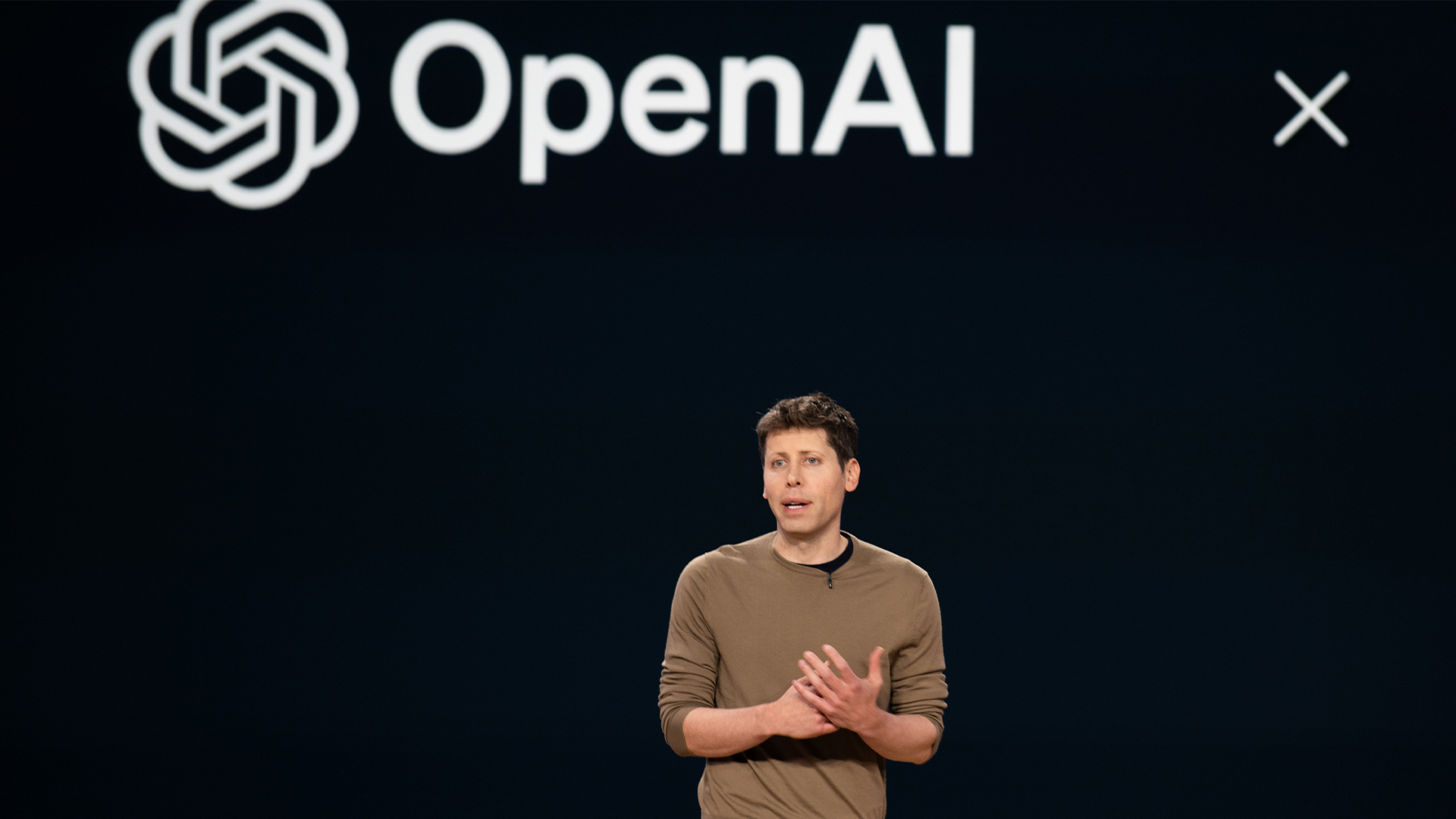 Sam Altman says ‘no thank you’ to Musk's $97bn bid for OpenAI
Sam Altman says ‘no thank you’ to Musk's $97bn bid for OpenAINews OpenAI has rejected a $97.4 billion buyout bid by a consortium led by Elon Musk.
By Nicole Kobie Published
-
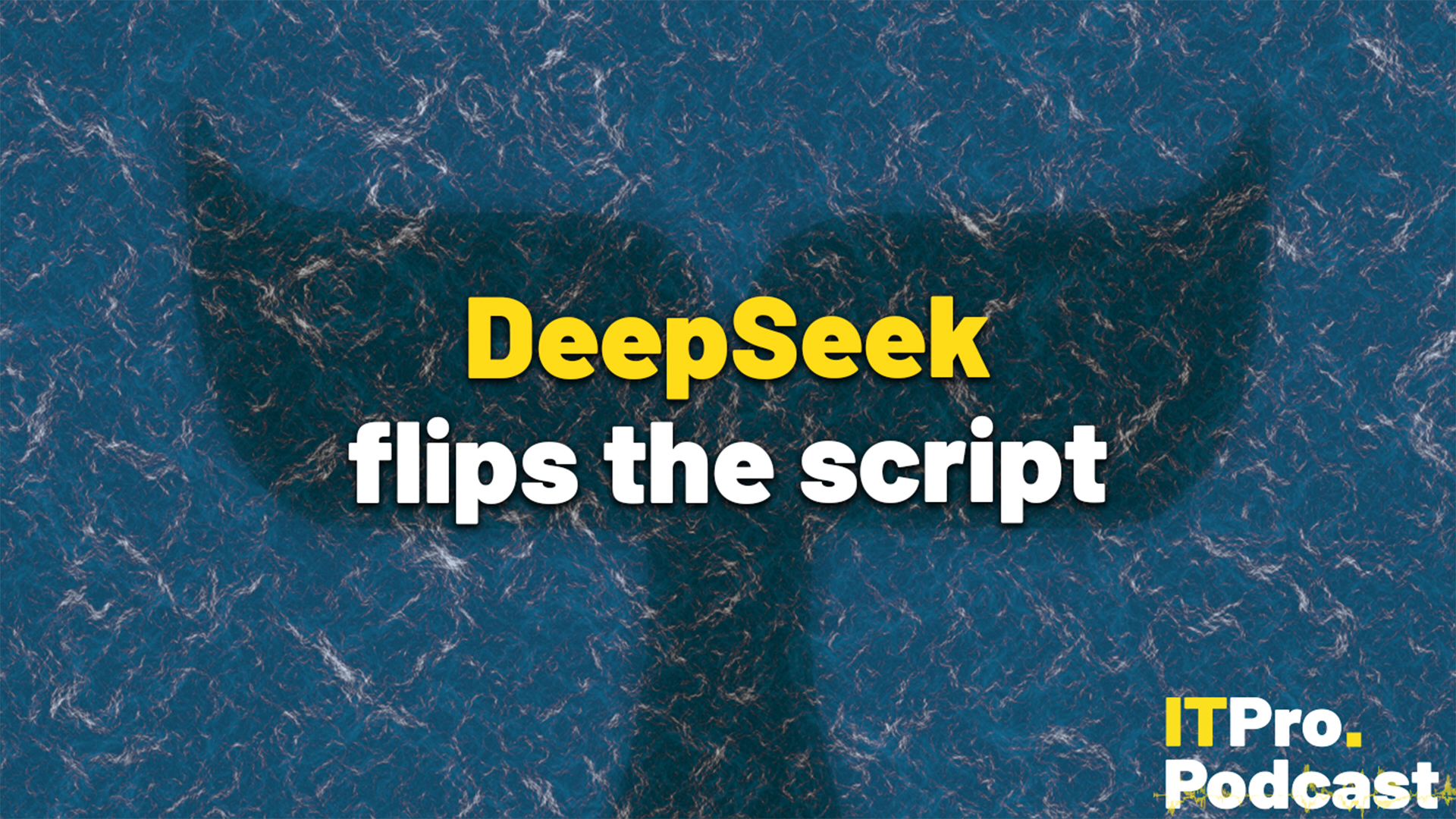 DeepSeek flips the script
DeepSeek flips the scriptITPro Podcast The Chinese startup's efficiency gains could undermine compute demands from the biggest names in tech
By Rory Bathgate Published
-
 SoftBank could take major stake in OpenAI
SoftBank could take major stake in OpenAINews Reports suggest the firm is planning to increase its stake in the ChatGPT maker
By Emma Woollacott Published